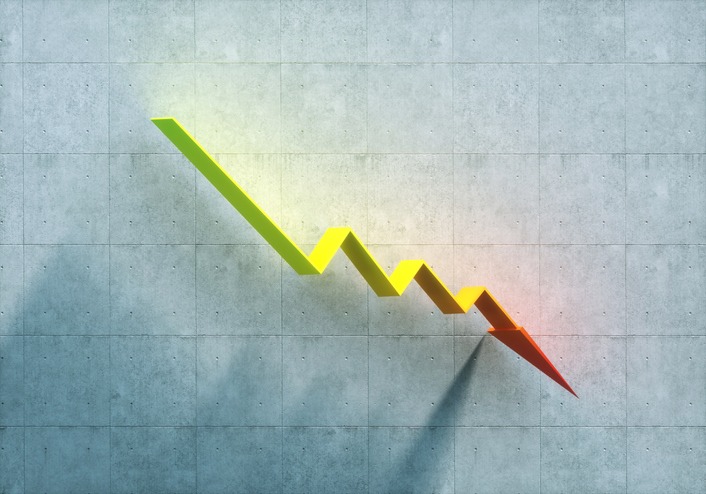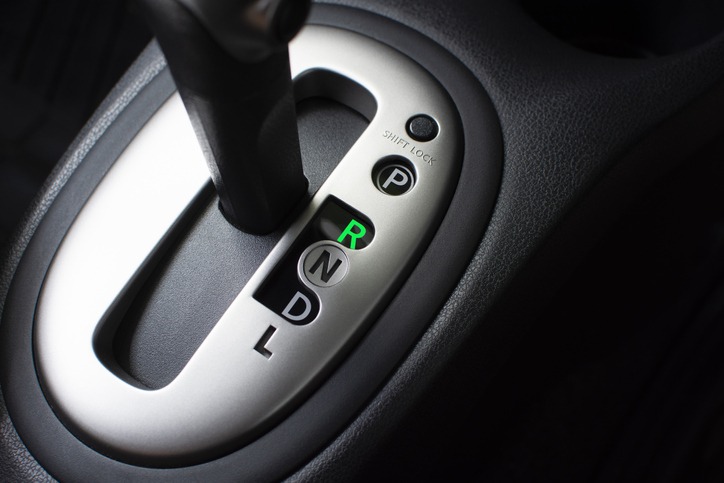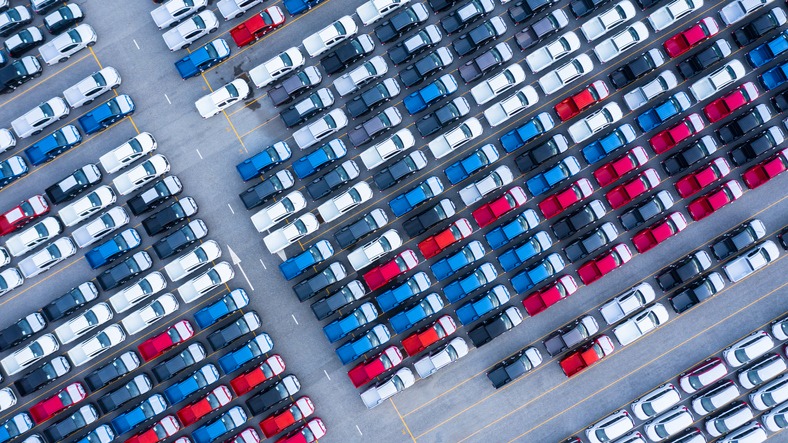Semiconductor shortages cause severe decline in EU new-car registrations in August
16 September 2021

As COVID-19 continued to disrupt the automotive market in the EU last year, Autovista24 senior data journalist Neil King examines the latest new-car registrations data against 2019 figures to offer a meaningful comparison.
New-car registrations in the EU contracted by 34.4% in August, with the volume 326,000 units lower than the same month in 2019, according to European Automobile Manufacturers’ Association (ACEA) figures. This is the most severe monthly decline in 2021, compared to 2019, even exceeding the contractions early in the year when national lockdowns were in place across the region.
At first glance, the August figures already reveal a deterioration compared to the 27.6% decline in July. However, there was at least one less working day in most EU markets in July this year, depending on the country. Autovista24 estimates that, on an adjusted basis, the true contraction was about 23%.
Conversely, there was an additional working day in many EU member states last month, including France, Italy, and Spain, compared to August 2019. Accordingly, Autovista24 surmises that the market declined by about 37%. This adjusted figure highlights the impact of the shortage of semiconductors on production, which is disconnecting weakened sales, as COVID-19 persists and derails consumer confidence and the economic recovery, and new-car registrations. There are even signs that delivery delays are deterring consumers from ordering cars, further reducing underlying demand.
Most EU markets suffered double-digit declines in August. The exceptions were Cyprus, which contracted by 8.1%, and Ireland, where registrations rose by 18.1%. Outside of the EU, Iceland almost returned to the 2019 level, and the Norwegian market expanded by 36.1%. However, many countries registered more than 30% fewer cars last month than in August 2019, with Austria, Belgium and Estonia all declining by more than 40%.
Major markets lose one in three registrations
The big four EU new-car markets all contracted by more than a quarter in August, compared with the same period in 2019. The average contraction across all four markets equated to the loss of one in three registrations, at 33.4%.
The downturns in France and Italy were of a similar magnitude to those experienced in July but were even more severe in Germany and Spain. There was one more working day in France and Italy than in August 2019, and when adjusted for this, these markets also deteriorated.
Compared to 2019, the French new-car market contracted by 31.9% last month, in line with the 32.8% decline in July. There was one more working day than in August 2019, however, and on an adjusted basis, Autovista24 calculates that the market fell by 35% compared to the adjusted 26.4% decline in July. In addition to the challenges of the pandemic and parts shortages facing the industry, the reduction in French incentives for electrically-chargeable vehicles (EVs) has also conspired to disrupt the market recovery. Consequently, cumulative registrations in the first seven months of the year are 23.3% lower than in the same period in 2019, down slightly from the 22.4% contraction in the first seven months.
The Italian market contracted by 27.5% last month, mirroring the 28% fall in July. There was one additional working day in the month, however, and Autovista24 calculates that the market fell by 30.8% on an adjusted basis. The new-car market has retreated slightly from a cumulative 19.5% decline in the first seven months of 2021 to a 20% contraction through to August. As the semiconductor shortage is also delaying registrations of new cars in Italy, industry association ANFIA is calling for a refinancing of incentives and a deadline extension.
New-car registrations in Germany amounted to 193,307 units in August, equating to a decline of 38.4%. This is a deterioration from the 29% decline in July and, moreover, the worst monthly comparison this year. There were the same number of working days in August, but July featured one less and on an adjusted basis, Autovista24 calculates the market ‘only’ contracted by 25.7%.
Germany continues to avoid a significant rise in COVID-19 infection rates, as seen in most other European countries, largely due to its accelerated vaccination rollout. However, it is certainly exposed to the constrained supply of new cars due to the shortage of semiconductors. This is postponing the market recovery further, with the year-to-date contraction in the first eight months of 2021, compared to the same period in 2019, retreating slightly to 27%.
A total of 47,584 new cars were registered in Spain last month, the lowest tally for August since 2014. At first glance, the market contraction of 36.1%, compared to pre-COVID levels, is already worse than the 28.1% downturn in July. However, there was one more working day last month, and on an adjusted basis, the downturn was 39%, a substantial deterioration from the adjusted 24.8% decline in July. The reduction of car-registration taxes from 1 July has therefore not rescued Spain from the clutches of COVID-19 and semiconductor shortages. Compared to the first eight months of 2019, cumulative registrations of new cars are down 33.4%, moderately lower than the 33.2% fall through to July.
Persistent semiconductor shortages downgrade forecasts
In the first eight months of 2021, the EU new-car market contracted by 24.4% compared to the same period in 2019. This marks a deterioration from the fall of 23.2% in the first seven months, which is more pronounced when adjusted for working days.
The majority of markets have endured double-digit declines thus far in 2021, except for single-digit contractions in Finland (down 9.3%) and Sweden (down 5.1%). Outside of the EU, this was also the case in Iceland, and the volume of registrations in Norway is 11.5% higher than in the same period in 2019.
The fortunes of the EU market should improve once sales orders can be more quickly translated into registrations. However, with the semiconductor shortages expected to persist into 2022, Autovista24 has downgraded its market forecasts for Germany and Spain.
ACEA previously forecast that the EU new-car market would grow by 10% this year but Autovista24 envisages growth of about 6%, which would equate to a contraction of roughly 20% compared to 2019.
The recovery certainly remains fragile and is in further jeopardy as rising rates of COVID-19 may yet lead to localised restrictions later in the year. The question also remains as to whether solutions to the semiconductor shortage can be secured in the short term or if supply constraints will continue to delay registrations to the same, or even greater, extent for the rest of the year. Autovista24 will continue to monitor and report on key developments and revise market forecasts accordingly.



